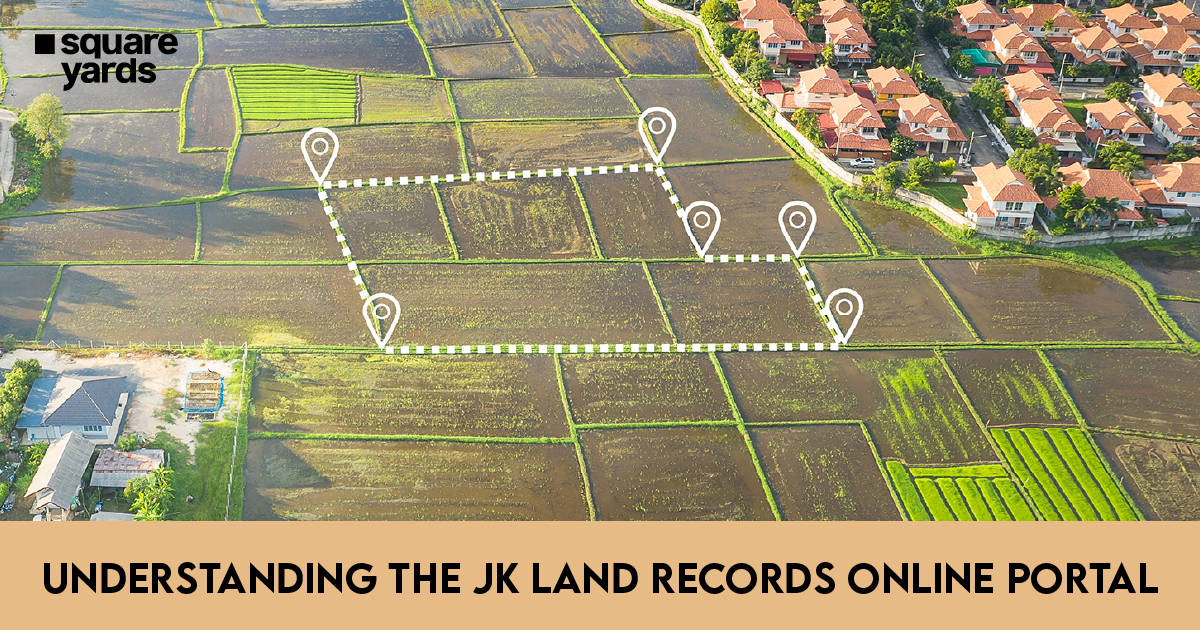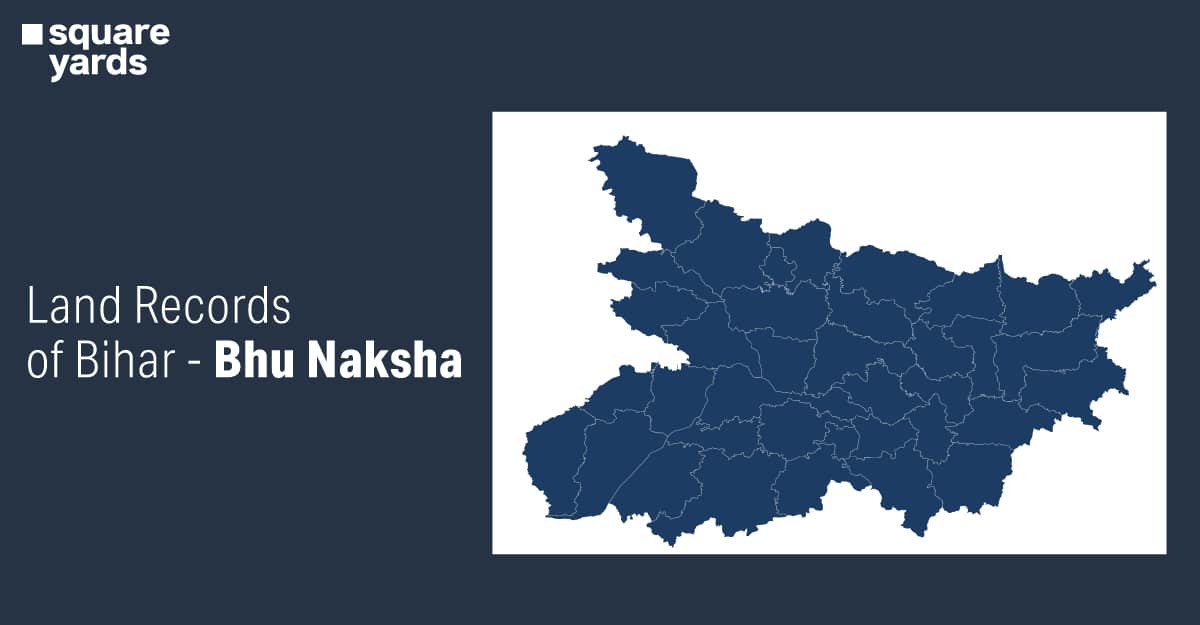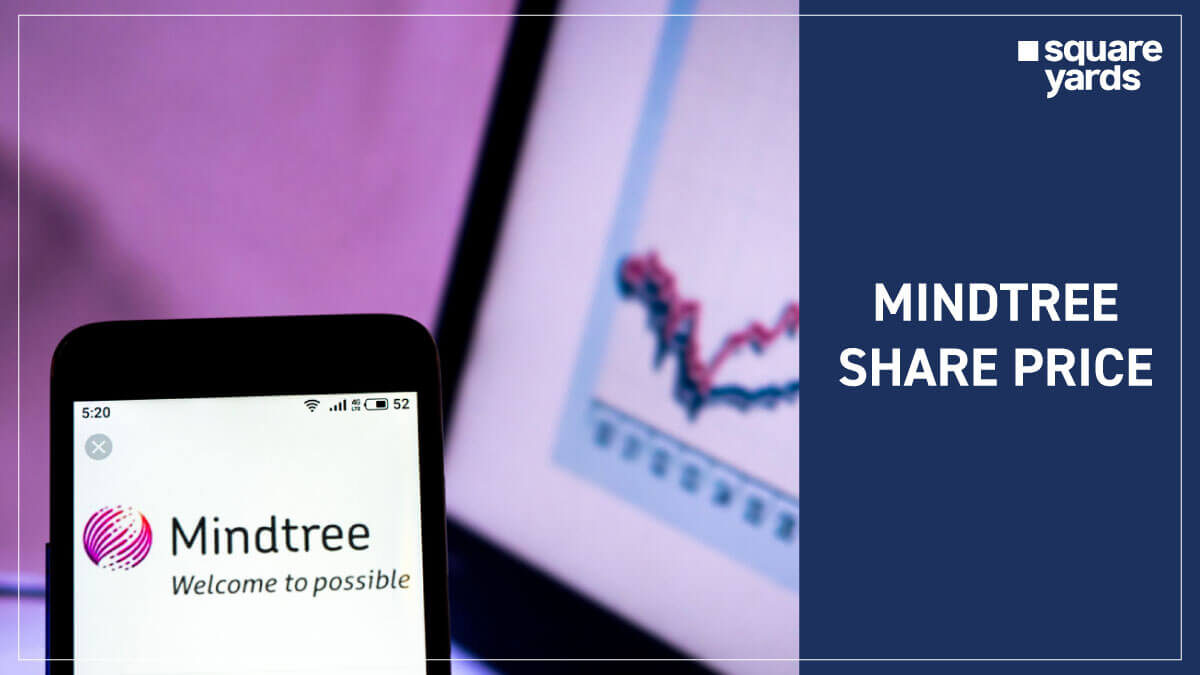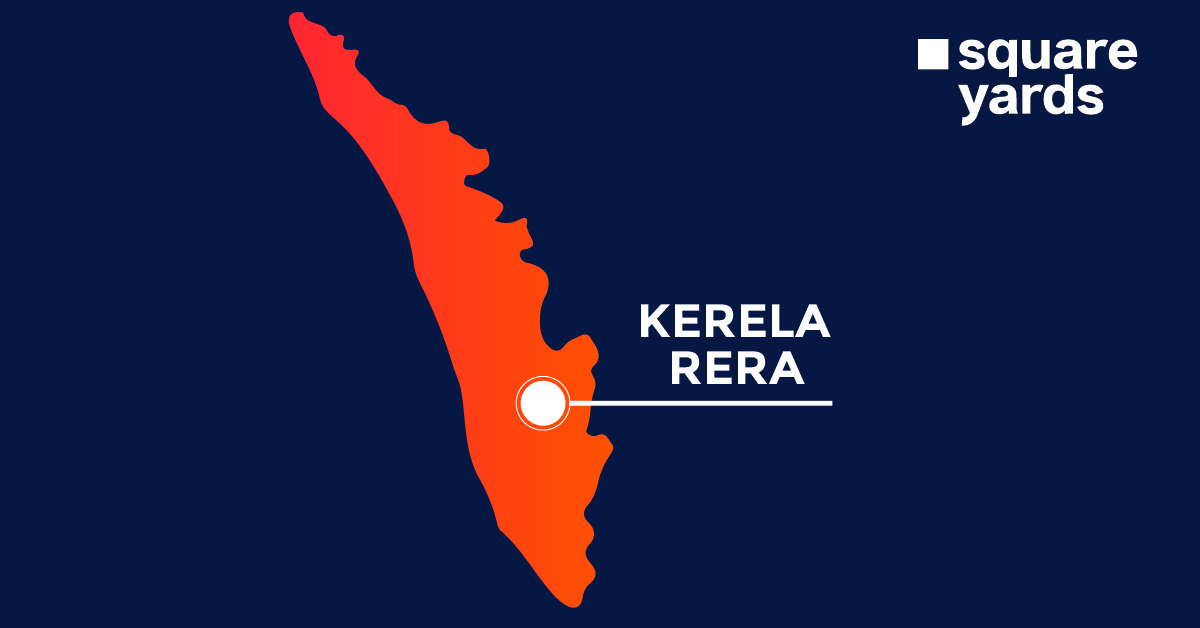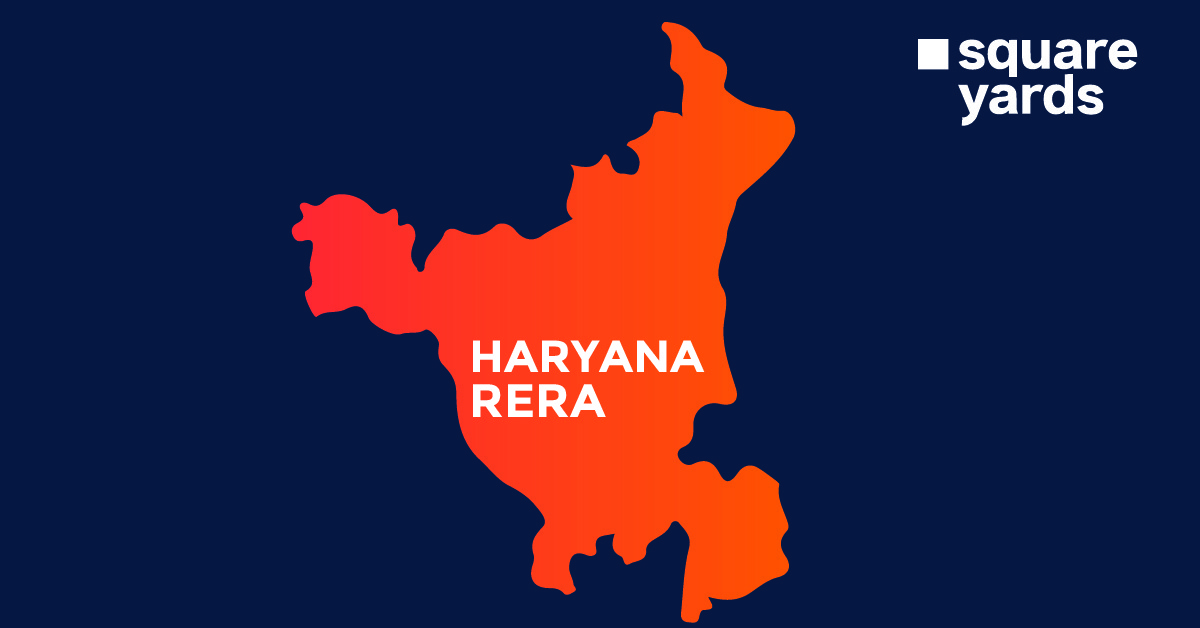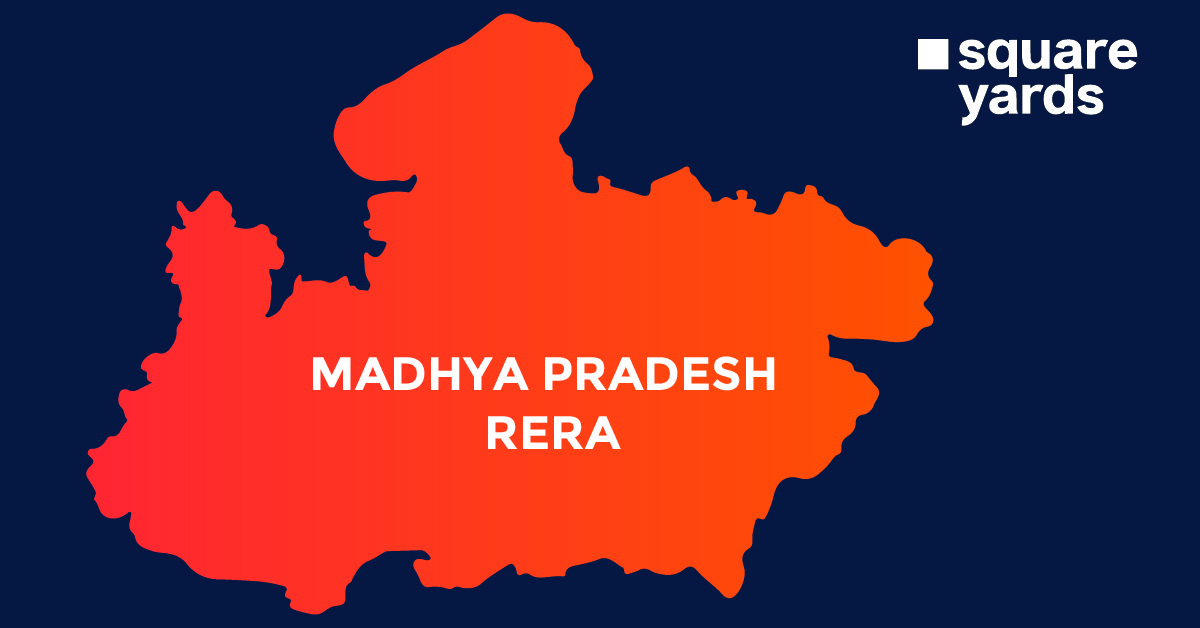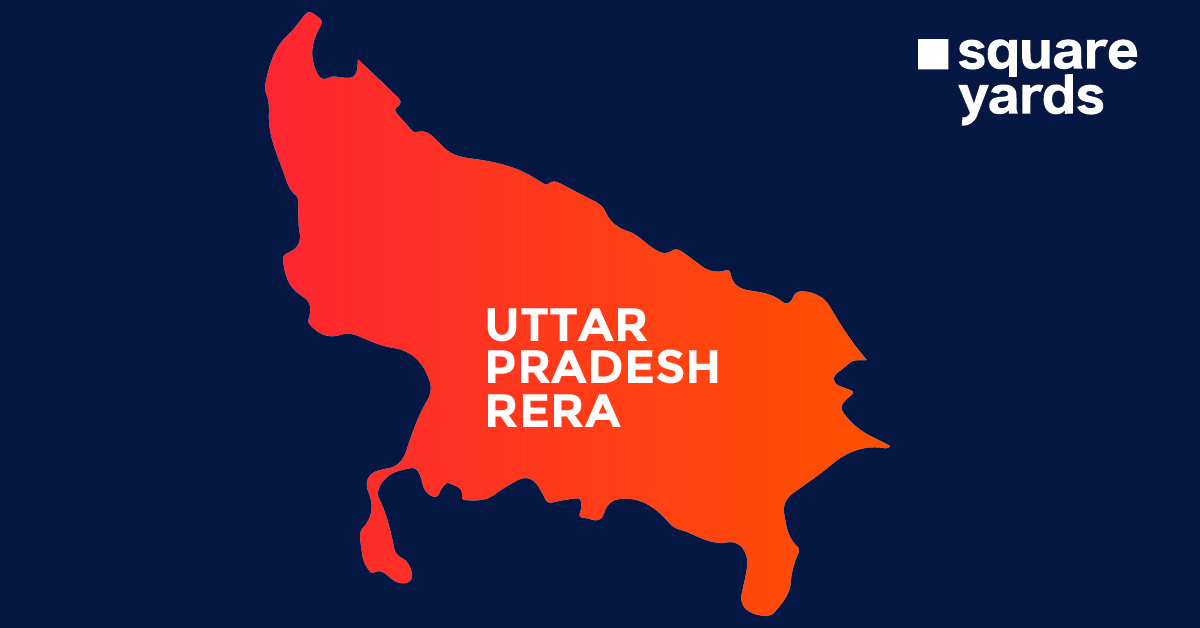Storage is essential in each profession we are dealing with, so it becomes important to qualify ourselves with its in-depth knowledge. One of the most commonly used data storage units installed in our systems is terabytes and gigabytes.
We barely know the exact line difference between 1 TB to GB or the TB to GB formula. The only information we have come across is that a terabyte is a bigger capable storage unit that we can prefer over gigabytes. But is this it?
Well, definitely not. These terms have an integral relationship between them that is used for respective purposes. Let us check out what all the terminologies hold to expand our knowledge.
What is a Terabyte?
TB, or Terabyte, is a unit of measurement used for providing digital information. It is said that TB will be used comprehensively in the future for measuring the size of RAM. It can include 728,177 disks or 1498 CDs to store data of 1TB. The current usage of this unit of measurement includes measuring digital archives & data stored in online libraries. In the digital world, where storage capacities are set with HDDs (Hard Disk Drives), a few laptops and systems hold SSDs (Solid State Drives).
History and Origin of Terabyte
In 1983, IBM brought the computer system XT into the market, with the successor having the original IBM system. This system was the first ever to have an in-built hard drive with fundamental features. Before this, 10 megabytes used to be available in HDDs that might have an extension of 20 MB only. After that, in 1991, when 1 terabyte to gigabyte disks for storage at $3,000.
After 16 years, in 2007, Hitachi started their first-time service of 1 TB HDD for the final consumers. The HDD symbolised a turning point in data storage and demonstrated how quickly storage capacity increased. Hitachi said it took the storage industry 35 years to attain 1 GB and 14 years to supply 500 GB with the driving launch. It took only two years to achieve 1 TB after that.
Hitachi was swiftly challenged. The 1.5 TB FreeAgent GoFlex portable drive was made available by Seagate in 2008. Up to 20 TB of data can currently be stored on HDDs like the Western Digital Ultrastar DC HC650 and OptiNAND hybrid hard disk/flash drive, and up to 100 TB on SSDs like the Nimbus Data ExaDrive.
What is a Gigabyte?
GB or Gigabyte is another commonly used measurement unit for providing digital information. GB is used to measure data in devices like laptops, mobile phones, computers, and tablets. Simply put, it can be defined as a measurement unit discovered to measure the magnitude of consistency. This can be applied to measure the capacity of files, digital storage and programmes.
History and Origin of Gigabytes
The history of computer storage unit gigabytes started in 1980 for the first time in the world of technology. The hard disk launched was IBM 3380, which had a storage capacity of 1.26 GB. This IBM 3380 with a package of 1.26 GB was a whole assembly saved in a larger cabinet like a refrigerator.
Relationship between Terabyte and Gigabyte
Terabyte and Gigabyte vary from each other in multiple ways, but like any other units of measurement, these two also share a connection.
The relationship between terabyte and gigabyte is represented in the following manner:
1 Terabyte = 1024 Gigabyte
Converting Terabyte into Gigabyte
Converting Terabyte into Gigabyte can sometimes appear to be a complex task to perform. DontSquare Yards is here to make the conversion process hassle-free for you.
For converting Terabyte to Gigabyte, you’ll have to multiply the given value by 1024.
Apart from this, we are here with formulas and examples to make you understand the conversion process in a better way so that you don’t get stuck at any juncture.
The Formula for Converting Terabyte to Gigabyte
To convert TB to GB under the decimal system, you simply must multiply the given value by 1000. The outcome after the multiplication process is obtained in Gigabytes.
Formula:
TB * 1000 = GB
Terabytes to Gigabytes Conversion Examples:
Example1: Convert 30 Terabytes to Gigabytes
Solution: After placing the unit of Terabyte into the formula above, the result will be
Gigabyte = 30 x 1000 = 30000 Gigabytes
Therefore, 30 Terabyte is equal to 30000 Gigabytes
Example2: Convert 100 Terabytes to Gigabyte
Solution: After placing the unit of Terabyte into the formula above, the result will be
Gigabyte = 100 x 1000 = 100000 Gigabytes
Therefore, 100 Terabytes are equal to 10,0000 Gigabytes
Example 3: Convert 16 Terabytes to Gigabytes
Solution: After placing the unit of Terabyte into the formula above, the result will be
Gigabyte = 16 x 1000 = 16000 Gigabytes
Therefore, 16 Terabytes are equal to 16000 Gigabytes
Example 4: Convert 50 Terabytes to Gigabytes
Solution: After placing the unit of Terabyte into the formula above, the result will be
Gigabyte = 50 x 1000 = 50000 Gigabytes
Therefore, 50 Terabytes are equal to 50000 Gigabytes
Example 5: Convert 87 Terabytes to Gigabytes
Solution: After placing the unit of Terabyte into the formula above, the result will be
Gigabyte = 87 x 1000 = 87000 Gigabytes
Therefore, 87 Terabytes are equal to 87000 Gigabytes
Don’t Miss Out
| MB to GB | Convert Megabytes to Gigabytes |
| GB to MB | Convert Gigabytes to Megabytes |
| MB to KB | Convert Megabytes to Kilobytes |
| KB to GB | Convert Kilobytes to Gigabytes |
| GB to KB | Convert Gigabytes to Kilobytes |
| MB to TB | Convert Megabytes to Terabytes |
| GB to TB | Convert Gigabytes to Terabytes |
| GB to Bytes | Convert Gigabytes to Bytes |
| KB to Bytes | Convert Kilobytes to Bytes |
| Bytes to MB | Convert Bytes to Megabytes |
TB to GB Conversion Table
| TB | GB | TB to GB (in decimal) | TB to GB (in binary) |
| 1 TB | 1000 GB | 1 TB is equal to 1000 GB | 1 TB is equal to 1024 GB |
| 2 TB | 2000 GB | 2 TB is equal to 2000 GB | 2 TB is equal to 2048 GB |
| 3 TB | 3000 GB | 3 TB is equal to 3000 GB | 3 TB is equal to 3072 GB |
| 4 TB | 4000 GB | 4 TB is equal to 4000 GB | 4 TB is equal to 4096 GB |
| 5 TB | 5000 GB | 5 TB is equal to 5000 GB | 5 TB is equal to 5120 GB |
| 6 TB | 6000 GB | 6 TB is equal to 6000 GB | 6 TB is equal to 6144 GB |
| 7 TB | 7000 GB | 7 TB is equal to 7000 GB | 7 TB is equal to 7168 GB |
| 8 TB | 8000 GB | 8 TB is equal to 8000 GB | 8 TB is equal to 8192 GB |
| 9 TB | 9000 GB | 9 TB is equal to 9000 GB | 9 TB is equal to 9216 GB |
| 10 TB | 10000 GB | 10 TB is equal to 10000 GB | 10 TB is equal to 10240 GB |
| 11 TB | 11000 GB | 11 TB is equal to 11000 GB | 11 TB is equal to 11264 GB |
| 12 TB | 12000 GB | 12 TB is equal to 12000 GB | 12 TB is equal to 12288 GB |
| 13 TB | 13000 GB | 13 TB is equal to 13000 GB | 13 TB is equal to 13312 GB |
| 14 TB | 14000 GB | 14 TB is equal to 14000 GB | 14 TB is equal to 14336 GB |
| 15 TB | 15000 GB | 15 TB is equal to 15000 GB | 15 TB is equal to 15360 GB |
| 16 TB | 16000 GB | 16 TB is equal to 16000 GB | 16 TB is equal to 16384 GB |
| 17 TB | 17000 GB | 17 TB is equal to 17000 GB | 17 TB is equal to 17408 GB |
| 18 TB | 18000 GB | 18 TB is equal to 18000 GB | 18 TB is equal to 18432 GB |
| 19 TB | 19000 GB | 19 TB is equal to 19000 GB | 19 TB is equal to 19456 GB |
| 20 TB | 20000 GB | 20 TB is equal to 20000 GB | 20 TB is equal to 20480 GB |
| 21 TB | 21000 GB | 21 TB is equal to 21000 GB | 21 TB is equal to 21504 GB |
| 22 TB | 22000 GB | 22 TB is equal to 22000 GB | 22 TB is equal to 22528 GB |
| 23 TB | 23000 GB | 23 TB is equal to 23000 GB | 23 TB is equal to 23552 GB |
| 24 TB | 24000 GB | 24 TB is equal to 24000 GB | 24 TB is equal to 24576 GB |
| 25 TB | 25000 GB | 25 TB is equal to 25000 GB | 25 TB is equal to 25600 GB |
| 26 TB | 26000 GB | 26 TB is equal to 26000 GB | 26 TB is equal to 26624 GB |
| 27 TB | 27000 GB | 27 TB is equal to 27000 GB | 27 TB is equal to 27648 GB |
| 28 TB | 28000 GB | 28 TB is equal to 28000 GB | 28 TB is equal to 28672 GB |
| 29 TB | 29000 GB | 29 TB is equal to 29000 GB | 29 TB is equal to 29696 GB |
| 30 TB | 30000 GB | 30 TB is equal to 30000 GB | 30 TB is equal to 30720 GB |
| 31 TB | 31000 GB | 31 TB is equal to 31000 GB | 31 TB is equal to 31744 GB |
| 32 TB | 32000 GB | 32 TB is equal to 32000 GB | 32 TB is equal to 32768 GB |
| 33 TB | 33000 GB | 33 TB is equal to 33000 GB | 33 TB is equal to 33792 GB |
| 34 TB | 34000 GB | 34 TB is equal to 34000 GB | 34 TB is equal to 34816 GB |
| 35 TB | 35000 GB | 35 TB is equal to 35000 GB | 35 TB is equal to 35840 GB |
| 36 TB | 36000 GB | 36 TB is equal to 36000 GB | 36 TB is equal to 36864 GB |
| 37 TB | 37000 GB | 37 TB is equal to 37000 GB | 37 TB is equal to 37888 GB |
| 38 TB | 38000 GB | 38 TB is equal to 38000 GB | 38 TB is equal to 38912 GB |
| 39 TB | 39000 GB | 39 TB is equal to 39000 GB | 39 TB is equal to 39936 GB |
| 40 TB | 40000 GB | 40 TB is equal to 40000 GB | 40 TB is equal to 40960 GB |
| 41 TB | 41000 GB | 41 TB is equal to 41000 GB | 41 TB is equal to 41984 GB |
| 42 TB | 42000 GB | 42 TB is equal to 42000 GB | 42 TB is equal to 43008 GB |
| 43 TB | 43000 GB | 43 TB is equal to 43000 GB | 43 TB is equal to 44032 GB |
| 44 TB | 44000 GB | 44 TB is equal to 44000 GB | 44 TB is equal to 45056 GB |
| 45 TB | 45000 GB | 45 TB is equal to 45000 GB | 45 TB is equal to 46080 GB |
| 46 TB | 46000 GB | 46 TB is equal to 46000 GB | 46 TB is equal to 47104 GB |
| 47 TB | 47000 GB | 47 TB is equal to 47000 GB | 47 TB is equal to 48128 GB |
| 48 TB | 48000 GB | 48 TB is equal to 48000 GB | 48 TB is equal to 49152 GB |
| 49 TB | 49000 GB | 49 TB is equal to 49000 GB | 49 TB is equal to 50176 GB |
| 50 TB | 50000 GB | 50 TB is equal to 50000 GB | 50 TB is equal to 51200 GB |
| 51 TB | 51000 GB | 51 TB is equal to 51000 GB | 51 TB is equal to 52224 GB |
| 52 TB | 52000 GB | 52 TB is equal to 52000 GB | 52 TB is equal to 53248 GB |
| 53 TB | 53000 GB | 53 TB is equal to 53000 GB | 53 TB is equal to 54272 GB |
| 54 TB | 54000 GB | 54 TB is equal to 54000 GB | 54 TB is equal to 55296 GB |
| 55 TB | 55000 GB | 55 TB is equal to 55000 GB | 55 TB is equal to 56320 GB |
| 56 TB | 56000 GB | 56 TB is equal to 56000 GB | 56 TB is equal to 57344 GB |
| 57 TB | 57000 GB | 57 TB is equal to 57000 GB | 57 TB is equal to 58368 GB |
| 58 TB | 58000 GB | 58 TB is equal to 58000 GB | 58 TB is equal to 59392 GB |
| 59 TB | 59000 GB | 59 TB is equal to 59000 GB | 59 TB is equal to 60416 GB |
| 60 TB | 60000 GB | 60 TB is equal to 60000 GB | 60 TB is equal to 61440 GB |
| 61 TB | 61000 GB | 61 TB is equal to 61000 GB | 61 TB is equal to 62464 GB |
| 62 TB | 62000 GB | 62 TB is equal to 62000 GB | 62 TB is equal to 63488 GB |
| 63 TB | 63000 GB | 63 TB is equal to 63000 GB | 63 TB is equal to 64512 GB |
| 64 TB | 64000 GB | 64 TB is equal to 64000 GB | 64 TB is equal to 65536 GB |
| 65 TB | 65000 GB | 65 TB is equal to 65000 GB | 65 TB is equal to 66560 GB |
| 66 TB | 66000 GB | 66 TB is equal to 66000 GB | 66 TB is equal to 67584 GB |
| 67 TB | 67000 GB | 67 TB is equal to 67000 GB | 67 TB is equal to 68608 GB |
| 68 TB | 68000 GB | 68 TB is equal to 68000 GB | 68 TB is equal to 69632 GB |
| 69 TB | 69000 GB | 69 TB is equal to 69000 GB | 69 TB is equal to 70656 GB |
| 70 TB | 70000 GB | 70 TB is equal to 70000 GB | 70 TB is equal to 71680 GB |
| 71 TB | 71000 GB | 71 TB is equal to 71000 GB | 71 TB is equal to 72704 GB |
| 72 TB | 72000 GB | 72 TB is equal to 72000 GB | 72 TB is equal to 73728 GB |
| 73 TB | 73000 GB | 73 TB is equal to 73000 GB | 73 TB is equal to 74752 GB |
| 74 TB | 74000 GB | 74 TB is equal to 74000 GB | 74 TB is equal to 75776 GB |
| 75 TB | 75000 GB | 75 TB is equal to 75000 GB | 75 TB is equal to 76800 GB |
| 76 TB | 76000 GB | 76 TB is equal to 76000 GB | 76 TB is equal to 77824 GB |
| 77 TB | 77000 GB | 77 TB is equal to 77000 GB | 77 TB is equal to 78848 GB |
| 78 TB | 78000 GB | 78 TB is equal to 78000 GB | 78 TB is equal to 79872 GB |
| 79 TB | 79000 GB | 79 TB is equal to 79000 GB | 79 TB is equal to 80896 GB |
| 80 TB | 80000 GB | 80 TB is equal to 80000 GB | 80 TB is equal to 81920 GB |
| 81 TB | 81000 GB | 81 TB is equal to 81000 GB | 81 TB is equal to 82944 GB |
| 82 TB | 82000 GB | 82 TB is equal to 82000 GB | 82 TB is equal to 83968 GB |
| 83 TB | 83000 GB | 83 TB is equal to 83000 GB | 83 TB is equal to 84992 GB |
| 84 TB | 84000 GB | 84 TB is equal to 84000 GB | 84 TB is equal to 86016 GB |
| 85 TB | 85000 GB | 85 TB is equal to 85000 GB | 85 TB is equal to 87040 GB |
| 86 TB | 86000 GB | 86 TB is equal to 86000 GB | 86 TB is equal to 88064 GB |
| 87 TB | 87000 GB | 87 TB is equal to 87000 GB | 87 TB is equal to 89088 GB |
| 88 TB | 88000 GB | 88 TB is equal to 88000 GB | 88 TB is equal to 90112 GB |
| 89 TB | 89000 GB | 89 TB is equal to 89000 GB | 89 TB is equal to 91136 GB |
| 90 TB | 90000 GB | 90 TB is equal to 90000 GB | 90 TB is equal to 92160 GB |
| 91 TB | 91000 GB | 91 TB is equal to 91000 GB | 91 TB is equal to 93184 GB |
| 92 TB | 92000 GB | 92 TB is equal to 92000 GB | 92 TB is equal to 94208 GB |
| 93 TB | 93000 GB | 93 TB is equal to 93000 GB | 93 TB is equal to 95232 GB |
| 94 TB | 94000 GB | 94 TB is equal to 94000 GB | 94 TB is equal to 96256 GB |
| 95 TB | 95000 GB | 95 TB is equal to 95000 GB | 95 TB is equal to 97280 GB |
| 96 TB | 96000 GB | 96 TB is equal to 96000 GB | 96 TB is equal to 98304 GB |
| 97 TB | 97000 GB | 97 TB is equal to 97000 GB | 97 TB is equal to 99328 GB |
| 98 TB | 98000 GB | 98 TB is equal to 98000 GB | 98 TB is equal to 100352 GB |
| 99 TB | 99000 GB | 99 TB is equal to 99000 GB | 99 TB is equal to 101376 GB |
| 100 TB | 100000 GB | 100 TB is equal to 100000 GB | 100 TB is equal to 102400 GB |
Current Use of Terabyte
The current usage of this unit of measurement includes measuring digital archives & data stored in online libraries. It is said that TB will be used comprehensively in the future for measuring the size of computer RAM.
Current Use of Gigabyte
This measurement unit is proactively used for measuring the data stored in your devices which include computers, gaming consoles, tablets, smartphones and so on.
Frequently Asked Questions (FAQs)
How much TB are in a GB?
There are 1000 GB in a single unit of TB.
Which is bigger, TB or GB?
A TB is a bigger unit of measurement as compared to a GB, as there is 1000 GB in a TB.
Is TB 1024 or 1000 GB?
A terabyte is equal to 1000 gigabytes.











